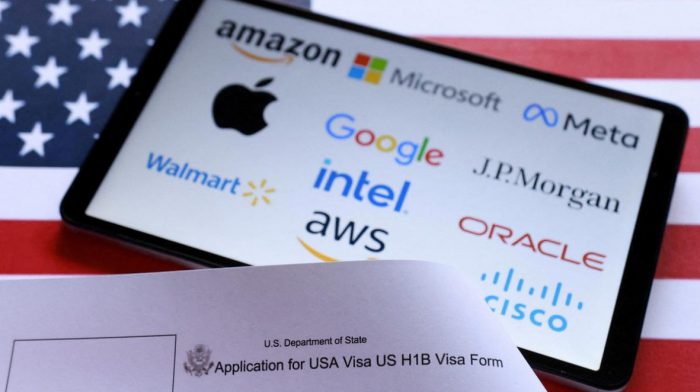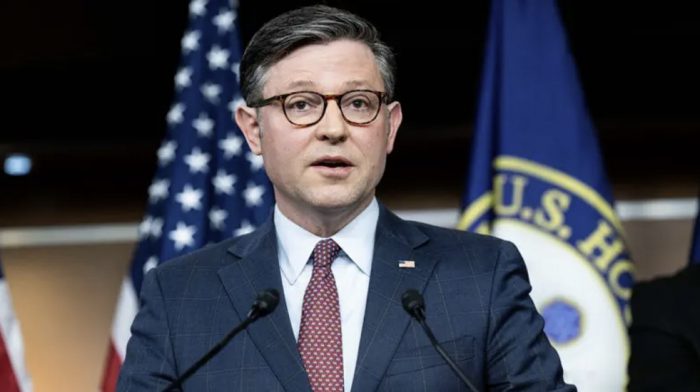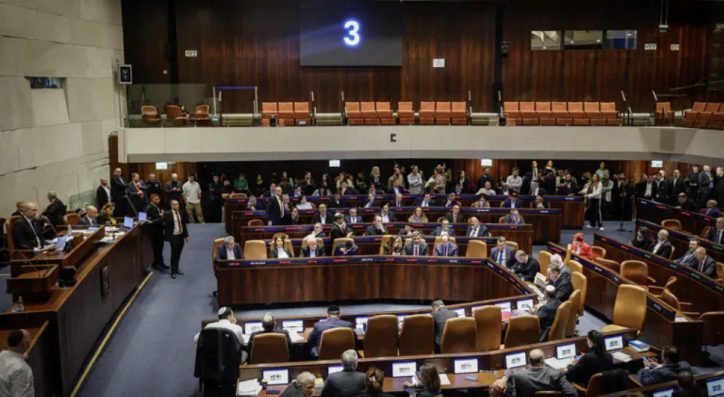America’s top business lobby challenges Trump’s $100,000 H-1B application fee, arguing it violates immigration law and cripples U.S. innovation and competitiveness.
In a major confrontation between corporate America and the White House, the U.S. Chamber of Commerce has filed a lawsuit against the Trump administration’s newly imposed $100,000 fee on all fresh H-1B visa applications, calling the policy illegal, economically destructive, and contrary to congressional intent.
Announced earlier this month, the Trump administration’s steep new fee aims to curb what officials describe as a “decades-long abuse” of the H-1B visa program by U.S. employers allegedly replacing American workers with cheaper foreign labor. But business leaders warn that the measure will cripple industries that rely on high-skilled global talent—from technology and healthcare to manufacturing and research.
Chamber: Rule Violates Immigration Law
“The Chamber’s litigation argues that the new fee is unlawful because it overrides provisions of the Immigration and Nationality Act (INA) that govern the H-1B program, including the requirement that fees be based on the actual administrative costs of processing visas,” the organization said in an October 16 statement.
Neil Bradley, Executive Vice President and Chief Policy Officer at the Chamber, warned the new rule could price U.S. companies out of the global innovation race.
“The $100,000 visa fee will make it cost-prohibitive for U.S. employers—especially start-ups and small or midsize businesses—to utilize the H-1B program,” Bradley said. “Congress created this program precisely to ensure that American businesses of all sizes can access the global talent they need to grow and compete here in the U.S.”
The Chamber’s lawsuit seeks an immediate injunction halting the implementation of the rule before it goes into effect.
Trump Administration’s Justification
According to administration officials, the temporary one-year fee, which may be extended at government discretion, is designed to discourage dependence on foreign labor and encourage domestic hiring.
The administration has framed the measure as part of a broader “America First labor policy,” arguing that major tech firms and outsourcing companies have “exploited loopholes” in the H-1B system to undercut U.S. wages and send profits abroad.
Critics, however, note that the H-1B visa was never intended for low-wage replacement roles but for highly specialized positions in science, engineering, and technology—fields where U.S. talent shortages are well documented.
Industry Fallout
Economists and immigration experts warn that the policy could stifle innovation, drive investment overseas, and shrink the U.S. talent pipeline at a time when artificial intelligence, semiconductor manufacturing, and biomedical research all depend heavily on global expertise.
Tech companies, universities, and research institutions have joined the Chamber’s protest, warning that the fee will “choke the flow of talent that keeps America at the cutting edge.”
The H-1B program, capped at 85,000 visas annually, has long been a cornerstone of U.S. competitiveness. Over the past two decades, it has brought hundreds of thousands of high-skilled professionals—many of whom have gone on to found start-ups or lead major corporations.
Legal Battle Ahead
The lawsuit is expected to move quickly in federal court, given the policy’s imminent start date. Analysts believe the outcome could set a critical precedent for executive authority over immigration and labor-market policy.
For now, business leaders see the Chamber’s move as a stand for both legal limits and economic logic—a fight to ensure that immigration reform strengthens, rather than strangles, American enterprise.





